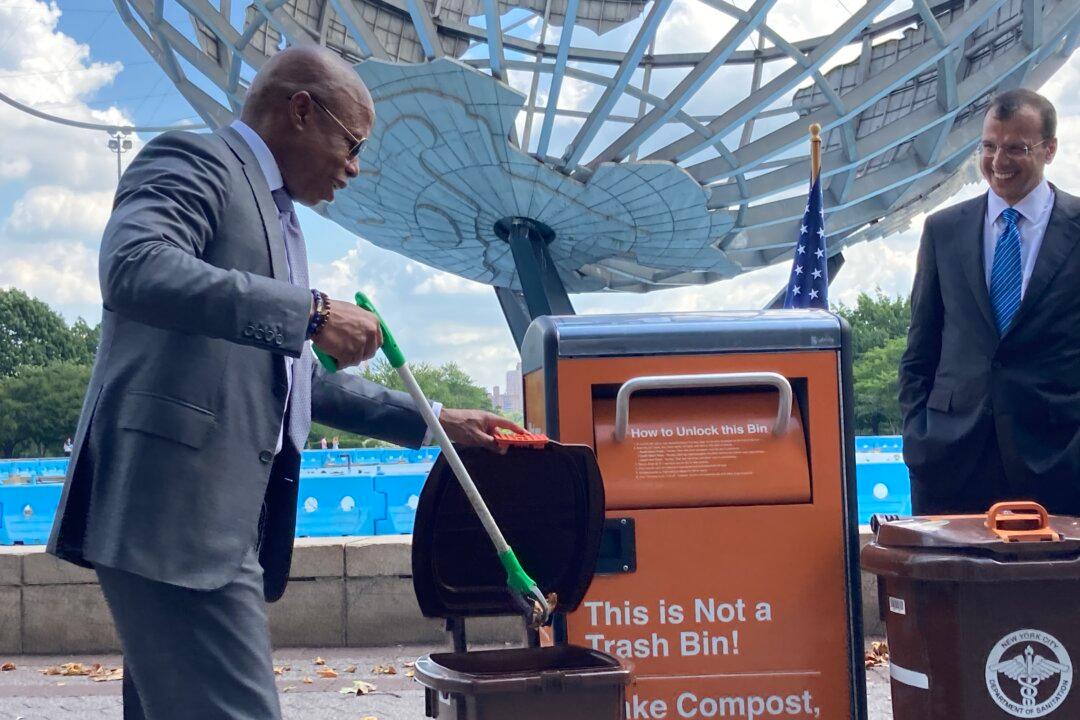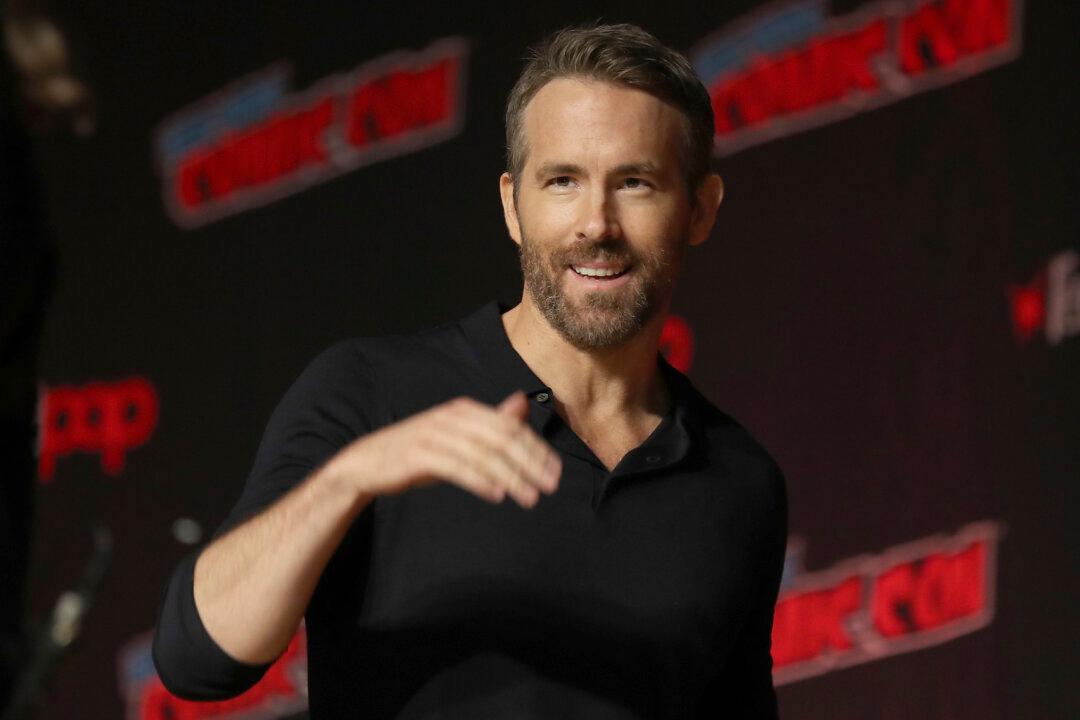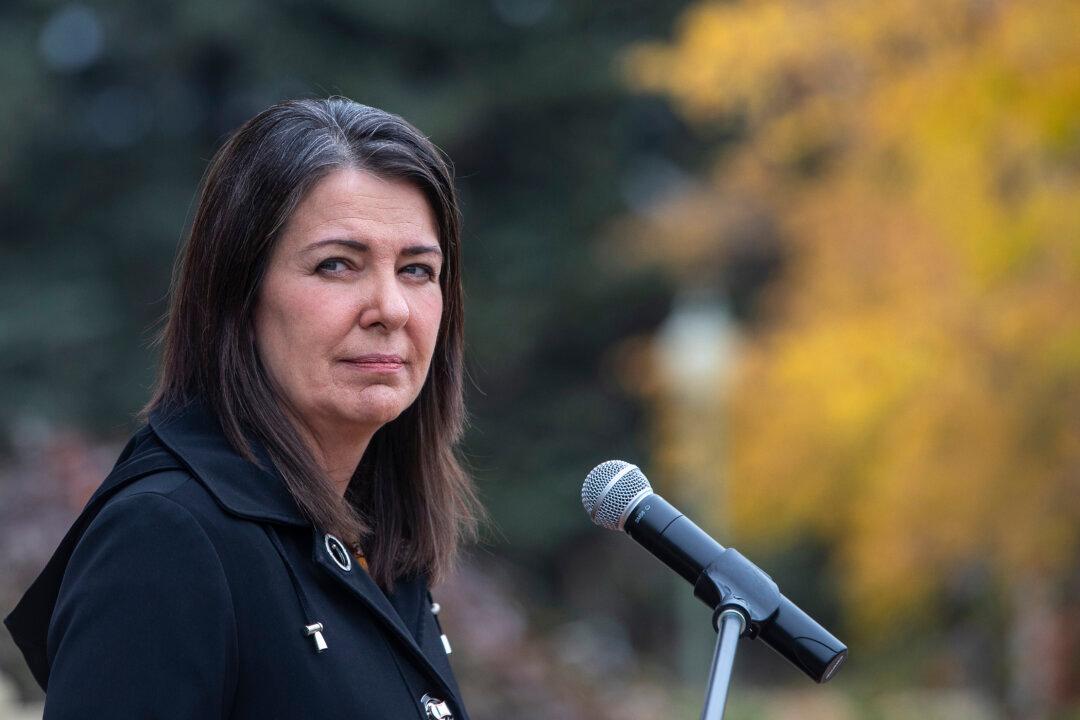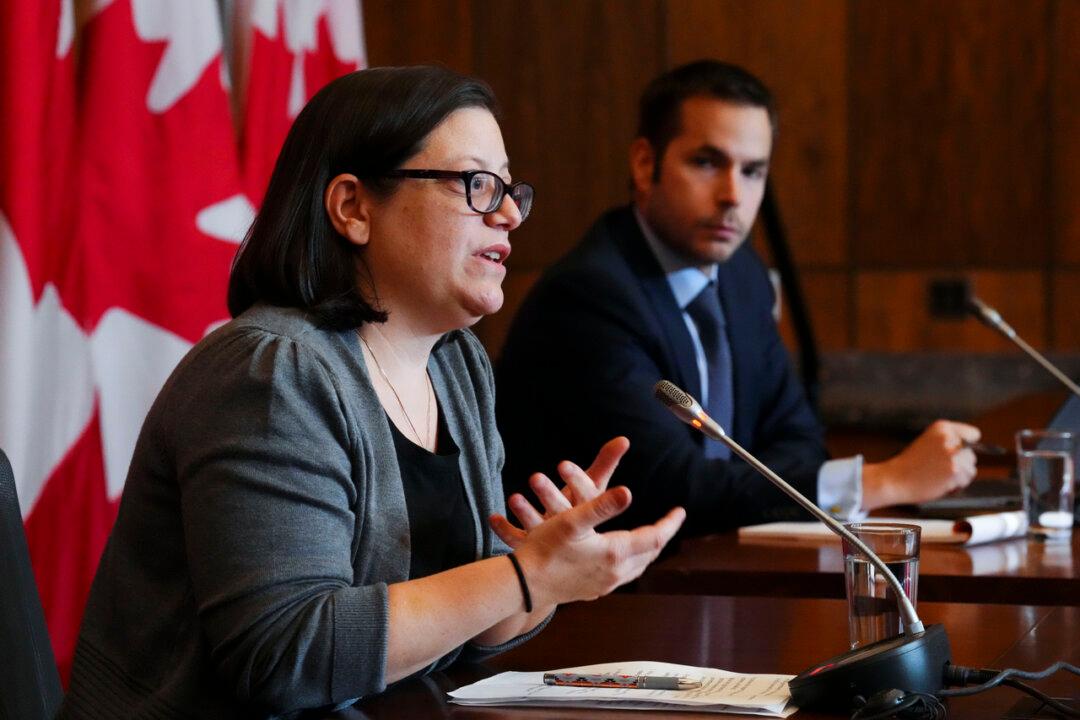NEW YORK—The nation’s largest composting program is set to begin in Queens on Oct. 3.
New York City Mayor Eric Adams and New York City Department of Sanitation (DSNY) Commissioner Jessica Tisch hope Queens residents will set an example and have a high participation rate, as previous programs have been canceled due to lack of participation and inefficiency.





